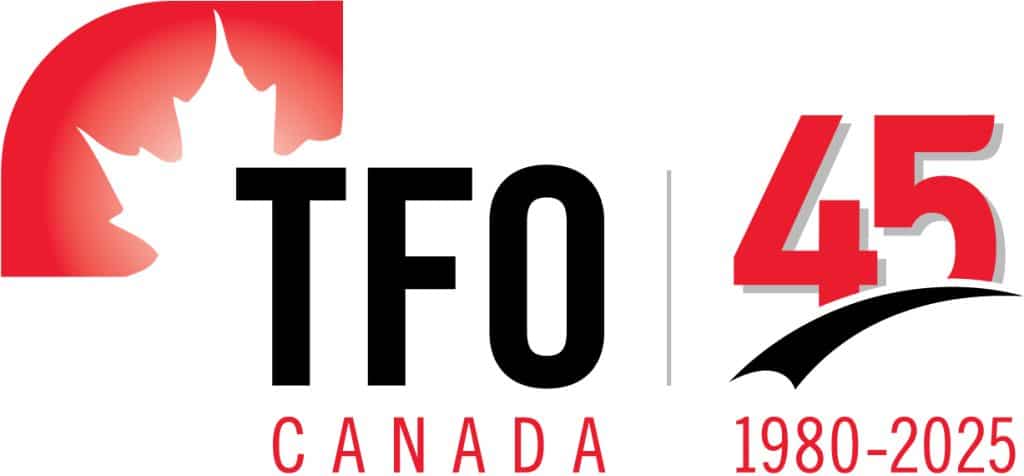Give your back-to-school sales a boost
“For all the significant shifts Canadians have experienced over the past several years—a heightened understanding of diet and nutrition, increased cultural diversity, COVID-19—many of the typical drivers of consumer decision-making still dominate the school lunch occasion.
According to Kathy Perrotta, vice-president of market strategy and understanding with IpsosCanada, the No. 1 factor for parents is the need to make sure their children have enough energy to get through the day. Next in the Ipsos ranking is convenience—foods that are quick and easy to prepare amidst the mad morning dash. Rounding out the top three is kid-friendliness—because no lunch is any good if it doesn’t get eaten.
“Parents would love to pack perfect lunches, in reusable containers with items cut into cute shapes and a little note for their kids,” says Perrotta. “But there are time constraints.”
Joel Gregoire, associate director, food and drink at Mintel, echoes Perrotta’s point about the frenetic morning schedule. “You’ve also got to eat breakfast and get the kids ready for school and get them to brush their teeth and all of that,” he says.
Filling the hunger gap, convenience and appealing taste may still rule the school day, but there are new trends emerging:
TARGETED HEALTH BENEFITS
As consumers become more educated, parents are considering benefits such as mental focus and immunity.
“Recent trends we’ve seen at Longo’s have focused on providing healthier and more diverse options to support students’ overall well-being and cognitive function,” says Mike Longo, chief operating officer at Longo’s.
Steven Ware, vice-president and general manager, value-added fresh at Naturipe Farms, believes his company is well positioned to meet consumer demand on this front. Naturipe’s Berry Parfaits feature berries, yogurt and granola in a portable, single-serve cup, and its Bliss Bento boxes offer a variety of healthy ingredients including berries, granola clusters and chickpeas, in a partitioned container. “Berries are brain food, so what better to send in a kid’s lunch?” Ware asks.
Nicole Bleiwas, vice-president of marketing for Riverside Natural Foods—manufacturers of the allergy-friendly MadeGood brand of snacks—also touts nutrition science as important to product positioning. “We offer a good source of both vitamin C and vitamin D, which we know as we go into the fall and winter is something our kids need more of as they spend more time inside.”
THE IN-SCHOOL INFLUENCE
Parents aren’t the only ones learning more about nutrition and the environment. Even the classroom curriculum is having an impact on school lunches. “Kids are learning about the environment and sustainability at school,” says Gregoire. “They’re also learning a lot about health.”
This educational emphasis partly explains the reduced primacy of traditional lunch options such as juice boxes and soft drinks. Another factor is school policies such as litterless lunches and the banning of allergy-activating foods.
“Back in the day, it was all about the juice box, the chocolate milk, but these drinks have been heavily replaced by tap water,” says Perrotta. “Even bottled water has a stigma because of the packaging.”
Diosmieau Splash Water is a sustainable option that’s perfect for a packed lunch—it’s a still water sourced from an artesian spring in Eastern Ontario and sold in single 355-millilitre aluminum cans.
The social component of food choices is carrying more weight. “Factors like ‘fitting in’, ‘being cool and trendy’ and ‘being socially responsible’ have all doubled in importance versus 2019,” says Perrotta.
THE SPICE OF LIFE
Perrotta and Gregoire both note that traditional North American snack staples may hold appeal for newer Canadians looking to assimilate to their adopted home. Conversely, global food cultures are having an impact on what Canadians of all backgrounds eat. “We see the cross-acculturation impact, where kids are now exposed to a larger array of foods at a much younger age,” says Perrotta. “And that impacts the lunch choices.”
Alessandra Bisaillon, head of marketing for Farm Boy, says grocers need to provide options. “Variety is what keeps our customers coming back,” she says, pointing to Farm Boy offerings such as pre-made lunches with a sandwich or wrap, vegetables and fruit, as well as salads and ready-to-heat soups.
Bisaillon says Farm Boy’s private-label, easy-to-make dinner options like Butter Chicken are often repurposed for school lunches. “We want to offer fresh, quality products that also have the different flavours that our multicultural customers are looking for,” she says.”
*This article is excerpted from Canadiangrocer.com website, published 10th July 2023
